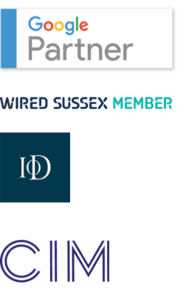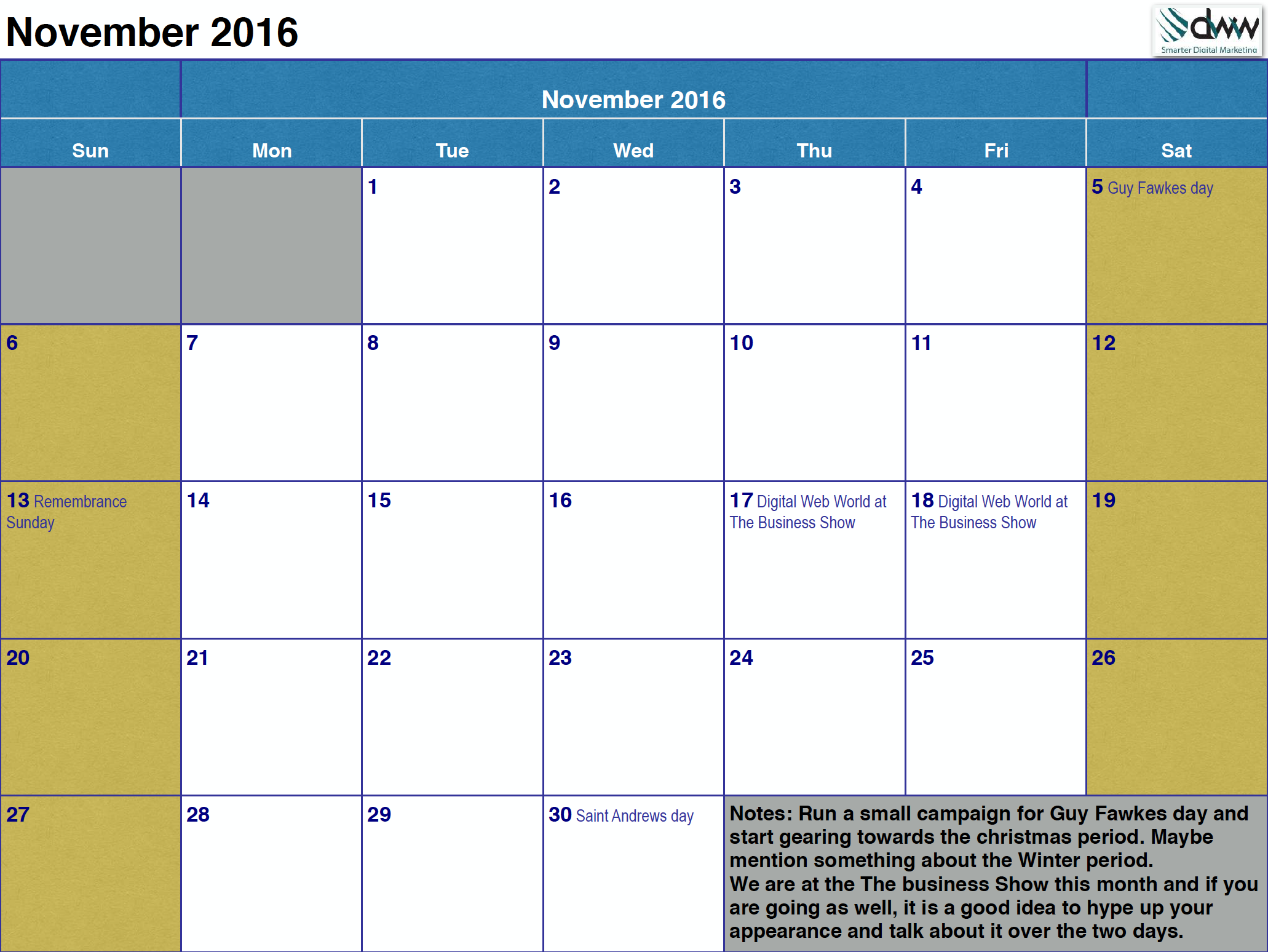SEO vs PPC
SEO vs PPC
“I want to grow my business in the online world, what do I focus on and the question of SEO vs PPC is maybe not a clear cut as we think.”
This is a question that digital firms hear all too often. Both can have a massive impact, but the answer depends on your business. Are you large and established? Do you sell a product or service? What are your budgetary needs and concerns? Are you a local business?
The Benefits of SEO
What’s it all about and what is it useful for?
Now, it is important to know that SEO is not simply about optimising your content with keywords (although the use of ‘Semantic keywords’ is very helpful in organic search). Consider the plethora of information search engines use to measure a company’s online potential. Amongst many other factors, search engines monitor your services in the offline world, your social media interactions and the ‘relevancy’ of the content you produce to help prospective clients at crucial touch-points. This information has much larger ramifications on your overall marketing strategies outside of the digital world, as well as in. In fact, one of SEO’s primary functions is about discovering and finessing these touch-points.
In practice, SEO is a long process of measurement and research. It is heavily content driven and time consuming because of Google’s semantic search technology. Your primary goal should be to understand the keyword landscape of your market, honing in on the variety of search terms the consumer is using and gaining a better understanding of their intent. Investigating the why, as opposed to the what, is a much larger benefit to your future marketing efforts. So, SEO is very useful for businesses that have some time. Getting your pages to be indexed for ideal keyword search terms is a gradual process and fluctuations are to be expected in highly competitive markets. The margin for error is much larger and strategies are as exploratory as they are results driven. From a UX point of view, one serious benefit of SEO is that your efforts will have made your site a lot cleaner. On a bridal website, for example, instead of having headings like ‘Wedding Dress Accessories for Vintage Weddings’, you can go with ‘Wedding Dress Accessories’ or the more specific but still high volume ‘Vintage Wedding Dress Accessories’.
Don’t be discouraged by the indefinite nature of SEO. It will bring you the most qualified leads over time and will directly influence your PPC results. Since SEO has no fee per keyword, you shouldn’t shy away from high competition words, especially as it will help you to qualify for longer tail keywords (something particularly useful for local businesses). Primarily, SEO is an integral framework for your digital marketing efforts. In the short term, it is a form of good ‘house keeping’ that can be used as a solid jumping off point. Everything counts towards understanding your market’s behaviours and this is why a good SEO strategy can often be useful for small and local businesses, if they have the time. SEO vs PPC is the question that we have been asked more times than any other. Its generally good practice to engage with your knowledge and we think that writing at least one article of 300 – 600 words.
The Benefits of PPC
How does it differ to SEO and how can it benefit my business?
PPC is a great way of kick-starting your business’s digital efforts. It is a very concentrated way of driving potential leads to your site. However, it is a vastly different process to SEO. PPC consists of bidding on and competing for specific search terms that appear in display networks. As a result, you need to be absolutely precise with your keywords and copy, always keeping one eye on the cost per click and one eye on the quality score. You must make absolutely sure that your ad copy is tightly correlated with the corresponding landing pages and that your campaigns are tightly categorised. This approach makes it much easier to cut away ads that are not working. Due to the fastidiousness of PPC, the margins for error are much smaller, simply because it costs you money every time a mistake is made. Although Google does not always put the ‘highest bidder’ at the top of its sponsored results, affording PPC long term can be tricky.
In practice there should not be a choice between SEO vs PPC, PPC is very useful to a business that does not have the time to wait for the long-term benefits of SEO. Lets say you have a brand new product that has to be launched in the next 3 months. You could use a campaign to gauge the demand for the product, by bringing attention to it quickly and taking an early look at its reception. This data will not only inform your longer-term SEO efforts, but also your overall marketing strategies. Another huge benefit of PPC is something called the ‘panic scenario’. With many small businesses that are still trying to establish a steadfast form of revenue, PPC offers the possibility of gaining traffic quickly. And, because of its highly targeted nature, this can be relatively inexpensive in the short term.
However, if budget is not a large problem, PPC does have some very serious long-term benefits as well. Often, SEO consultants cite the classic ‘most people have trained themselves to actively ignore the ad spaces on search engines’. Whilst this might be true sometimes, they are forgetting the deeper value of a high-ranking ad in the search results. In an article from Search Engine Land, a study found that 82% of ad clicks are incremental when the associated organic result is ranked between 2 and 4, and 96% of clicks are incremental when the brand’s organic result was 5 or below. Google says that those visits would not have occurred without the ad campaigns. What is important to consider here is that as a result of having a strong ‘ownership’ of Google’s ad space, the appearance of that business in the organic search section seemed more ‘clickable’. Thus, the biggest long-term benefit of a PPC campaign is reputation, and how that reputation directly affects clickthrough rate and conversions.
Conclusion of SEO vs PPC?
Whether it’s a much-needed source of traffic, or necessary architectural changes that will stand up in the long run, both PPC and SEO have their separate uses. In fact, the only way to ensure success in the digital landscape is to use both in tandem at different times. A good digital firm knows this. So don’t be swayed by a consultant that offers you one service to fix all as this really isn’t good practice. The question of SEO vs PPC will not disappear for a while and will be enhanced even further with Google and Bings increasing emphasis on Semantic keywords becoming more important. So SEO vs PPC will never a choice between the two, but the two being used in a smarter way together.
Please see other articles that you might find interesting.







